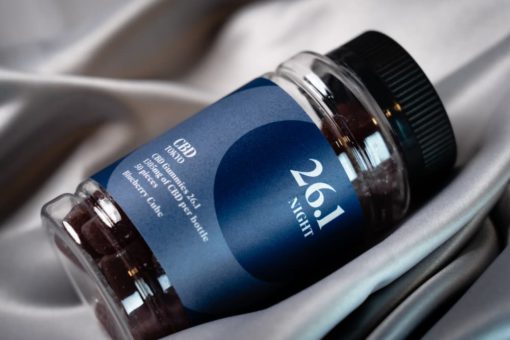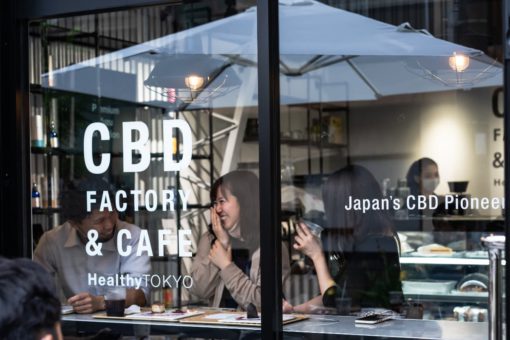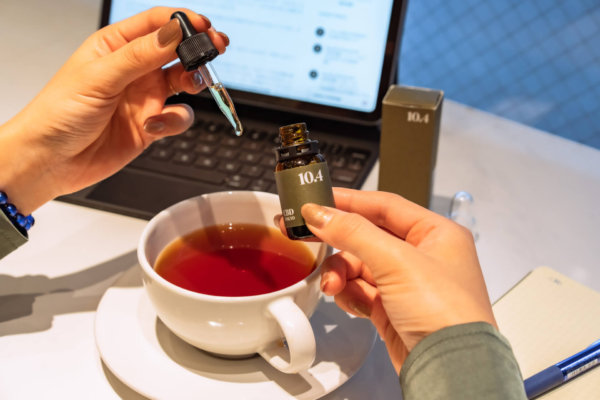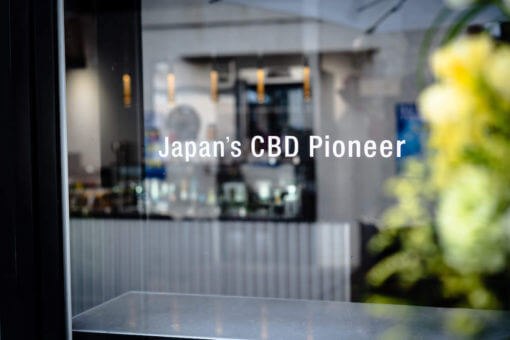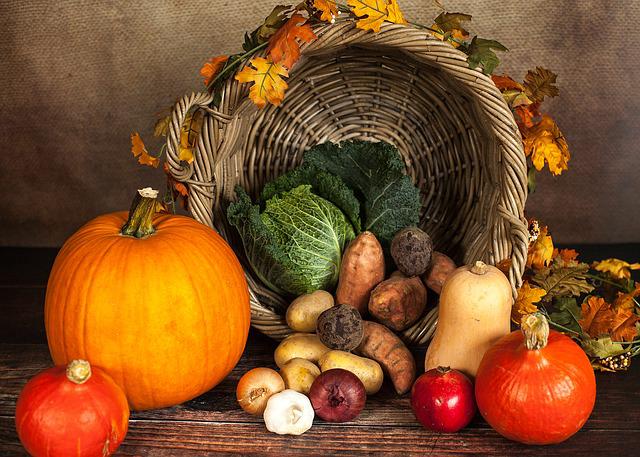Healthy Eating, Medical, Vegan
Vegan in Japan – A Doctor’s Advice
Many of our readers are concerned with how to stay healthy as a vegan in Japan. Today we interviewed Dr. Mika Washio of the International Healthcare Clinic in Tokyo. Dr. Washio helps many vegan patients at her clinic. She gave us some practical advice on how you can stay healthy as a vegan in Japan.
Why did you become a doctor?
My father was a doctor, he was a psychiatrist so we lived beside a hospital and I saw his work. When I was young I thought I wanted to be a psychiatrist and follow in my father’s footsteps It is something that has always interested me. However, I went into international medicine, starting my medical clinic in 2018. I wanted a clinic in Tokyo in which anyone could be treated regardless of their nationality or race.
How many of your patients are Japanese? Are they vegan?
Many of my patients are people born overseas and residing in or visiting Japan. I would say 99% percent of my patients who come for vaccinations are Japanese. I also see a lot of vegan patients that come to my clinic. Almost all of these patients are not Japanese. Whether vegan or not, I give nutritional advice to many of my patients and have gained a lot of experience consulting with people about their diet.
What are the benefits of being a vegan in Japan?
Following a vegan diet can mean your body does not store as much fat and so may mean a reduced risk of getting certain diseases such as obesity, hypertension, diabetes. It may even reduce the risk of getting some cancers such as colon cancer and prostate cancer. The food you eat is digested easier than animal based products and so reduces the burden of digestion. People have also told me as a vegan you may have a better sense of taste due to a perception that taste buds are more sensitive.
What are the possible health issues vegans in Japan must pay attention to?
You may be more susceptible to digestive problems, bowel problems, fatigue and spots. If you become a vegan you must make sure that you get enough of certain things in your diet in order not to become ill.
What are some of the nutrients vegans in Japan must make sure they are consuming?
Protein- you can make sure you get enough of this in your diet by eating a good amount of nuts and beans, such as soybeans. These provide a source of protein to your body which helps build and repair muscles without having to eat meat.
Calcium and vitamin D- you can get calcium in your diet by eating leafy greens.
Iron- this is a key part of your blood, you must be aware that you can get issues such as anemia if your body does not get enough Iron. You can increase your Iron levels by eating certain plants and nuts.
Vitamin B12- a lack of this in the body can lead to a deficiency and therefore inflammation around the mouth, supplements must be taken for this as B12 is difficult to get from a vegan diet.
Omega 3– ALA as Omega 3 can be found in many seeds and nuts such as cashew nuts, almonds, pumpkin seeds and sunflower seeds.
What advice would you give a vegan who is worried about their health?
If you feel fatigued I suggest that you go for a blood test to check all the levels of certain vitamins, proteins and nutrients in your blood. This is to make sure you are not lacking any key nutrients in your body which could lead to health problems related to veganism that are mentioned above. If you have health problem due to nutrition issues, please consider why you would like to be a vegan.
How do you check for a lack of nutrients?
Being a vegetarian is easier to manage than if you are a vegan. As a vegan, it is more difficult to get all the essential nutrients. Levels can be checked in the blood test and a doctor can advise you on dietary changes to meet the needs of these issues or supplements that may need to be taken. The cost of a blood test in Japan will vary for each symptom, the type of test and whether the client has health insurance. A vegan who has Japanese health insurance may pay from ¥5,000 to ¥10,000.
Do you think it is hard being a vegan in Japan and what do you think of HealthyTOKYO?
It is hard to be a vegan in Japan, not many places serve vegan food. I think that the introduction HealthyTOKYO’s cafe at Haneda airport is a really good idea. There are lots of vegan options for food and drink and this can be hard to find in Tokyo.
What are some foods you suggest to your vegan patients to eat to get nutrients?
Below are suggested lists of top vegan food items for nutritional content:
Protein
- Soybeans
- Lentils
- Kidney beans
- Almonds
- Black soybeans
- Pistachios
- Azuki beans
- Chickpeas
- Cashews
- Natto
Calcium
- Hijiki – a kind of edible seaweed
- Wakame – a kind of seaweed
- Kombu – tangle seaweed
- Chia seeds
- Dried strips of daikon radish
- Daikon radish leaf
- Almonds
- Soybeans
- Kale
- Komatsuna – Japanese mustard spinach
Iron
- Roasted laver
- Dried soybeans
- Dried yuba – Dried tofu skin
- Hijiki – a kind of edible seaweed
- Cashews
- Almonds
- Lentils
- Japanese radish leaf
- Komatsuna – Japanese mustard spinach
- Spinach
Zinc
- Sesame seeds
- Pumpkin seeds
- Cashews
- Koya Tofu – Freeze-dried tofu
- Sunflower seeds
- Chia seeds
- Almond
- Flaxseeds
- Oatmeal
- Lentils
- Soybeans
OMEGA3 (ALA)
- Perilla oil
- Linseed oil
- Mustard oil
- Chia seeds
- Walnuts
- Brussels sprouts
- Cauliflower
Being a vegan in Japan may not always be easy due to health problems that may arise. Following Dr. Washio’s advice and trying to include foods from the above list in your diet is a great place to start. Remember, if you feel any symptoms such as fatigue, please go for a blood test to check you are getting all the key nutrients in your diet and pinpoint what you may be lacking.
Thank you Dr. Washio for your time and great advice.



